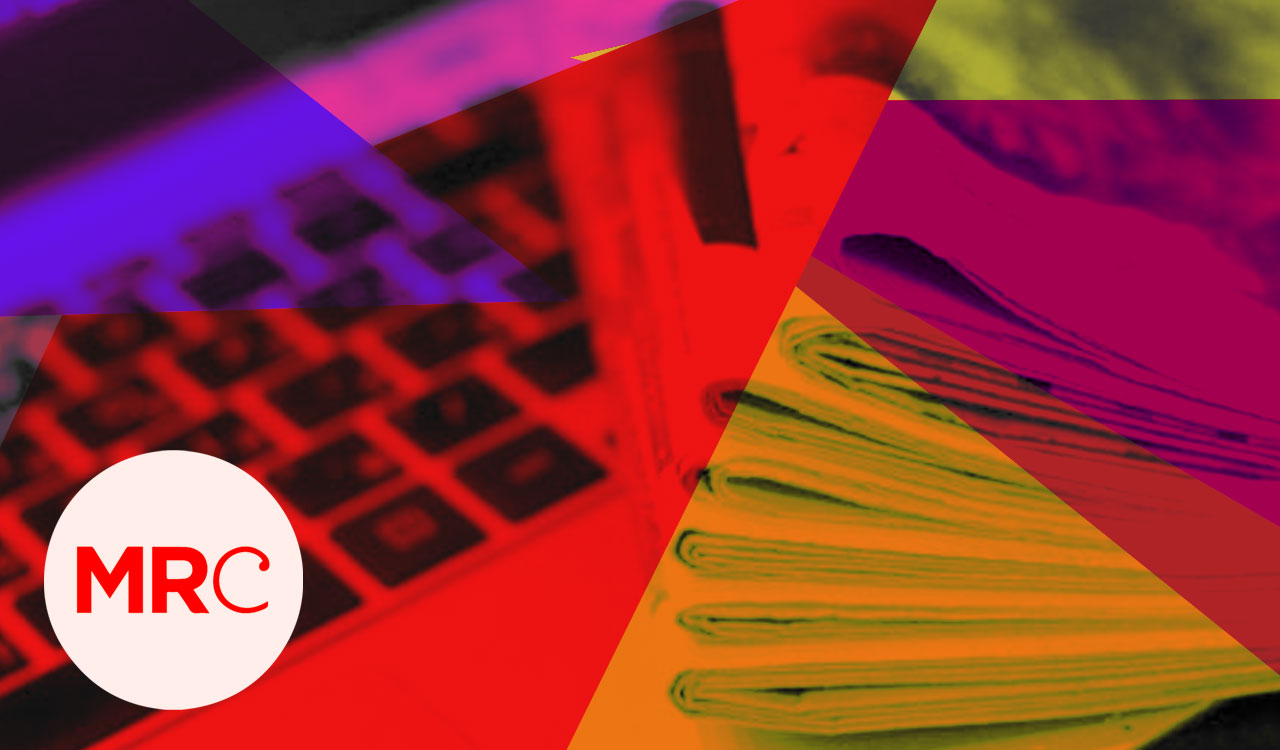We need media which fully represents the publics that they serve – and which allows those publics to participate in creating the media they need.
Read MoreWe need media which fully represents the publics that they serve – and which allows those publics to participate in creating the media they need.
Q: What’s the problem?
Our media are extremely unrepresentative of the population – journalism is an elite profession, and the top levels of the media industries are heavily white, male, able-bodied and middle-class. This can lead to dangerous inaccuracies, like Stacey Dooley claiming a Muslim prayer sign was an IS salute on Panorama. And it can lead to important stories being missed. If more people who created media lived in tower blocks, they might have talked about the fire safety issues at Grenfell before it was too late. The problem isn’t just about the lack of diversity in the media industries. More fundamentally, it is about seeing audiences as consumers rather than citizens. As consumers of traditional media, we don’t get to decide the stories that get chosen or the angle that gets taken. And though on social media we get to produce our own content, the platforms are increasingly ‘pay to play’ and make it difficult to build an audience without paying for advertising. This means many people don’t get the information and cultural content that they need, and undermines trust in our media institutions.Q: What’s the solution?
We need our media to be much more representative of the wider population, which means supporting marginalised people to become part of the media industries. But we also need to change the model of how media is produced so more people can participate – recognising that high quality media is a utility, a necessary part of taking active roles as citizens. Digital technologies offer many opportunities for participation, but we need a different model for deploying these technologies for them to be truly democratic. We need social media platforms which are not funded by advertising and data extraction, and we need far better connections between our public broadcasters, who can guarantee large audiences, and the content being produced by independent media collectives.Q: Are our public broadcasters democratic?
After decades of diversity initiatives, the BBC’s staff still does not fully reflect the society we live in. (There has been some controversy over how they have collected and declared their statistics, particularly on ethnic minority staff.) Data from Ofcom shows that Channel 4 is more representative than the BBC in terms of gender, ethnic minorities and people that grew up in less privileged homes, though its board has been criticised for being disproportionately white and male. The BBC and Channel 4 are officially accountable to the public that owns them, but neither has any duties to involve the wider public in decision-making, and neither has tried to use digital technologies to give audiences a meaningful say in how they are run. There have been lots of proposals for how the BBC could be transformed into a far more democratic ‘mutual’ structure by giving licence fee payers opportunities to elect members to the BBC Board, or setting up citizens juries to oversee the coverage of controversial issues (as briefly attempted with Brexit).Q: Are other media democratic?
The workforce of the media industries is generally unrepresentative of the population, and this is also true of alternative and independent media, who often have precarious business models and can’t offer much financial security. The institutions which are often best at involving a broad cross-section of people are long-standing community media projects, such as Florrie Radio in Liverpool or Bradford Community Broadcasting. These initiatives allow their members to participate very literally in creating media, by learning to become volunteer presenters, or being part of conversations in the studio. While media cooperatives often have a clearer division between journalists and readers, they have been experimenting with formal mechanisms for allowing members to participate e.g.- The Bristol Cable invites its members to stand for and directly elect the board of directors, and holds an annual AGM to decide the projects they want to focus on.
- The Ferret allows members to suggest ideas for stories and investigations and uprate other people’s suggestions.
- Bureau Local has also been creating a network for ‘collaborative journalism’, testing out different ways of producing news (see their Manifesto for a People’s Newsroom)



